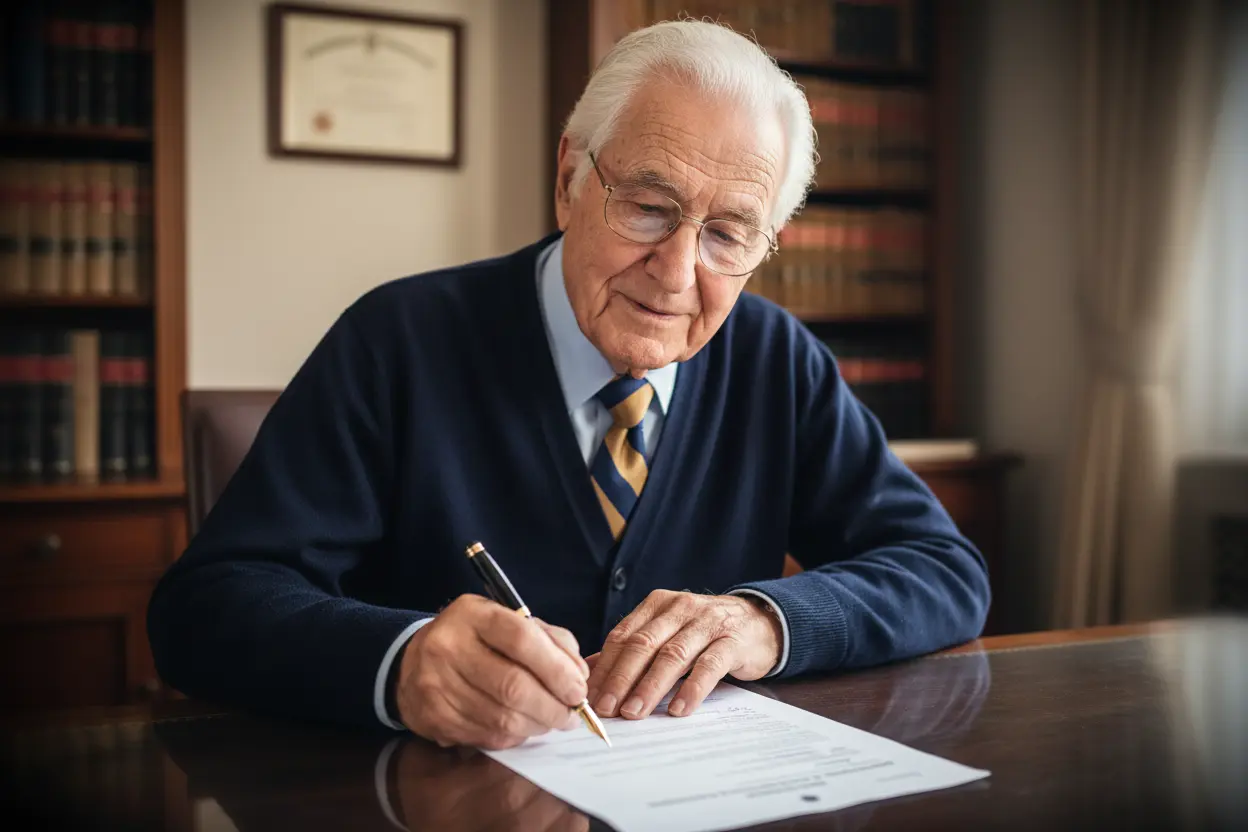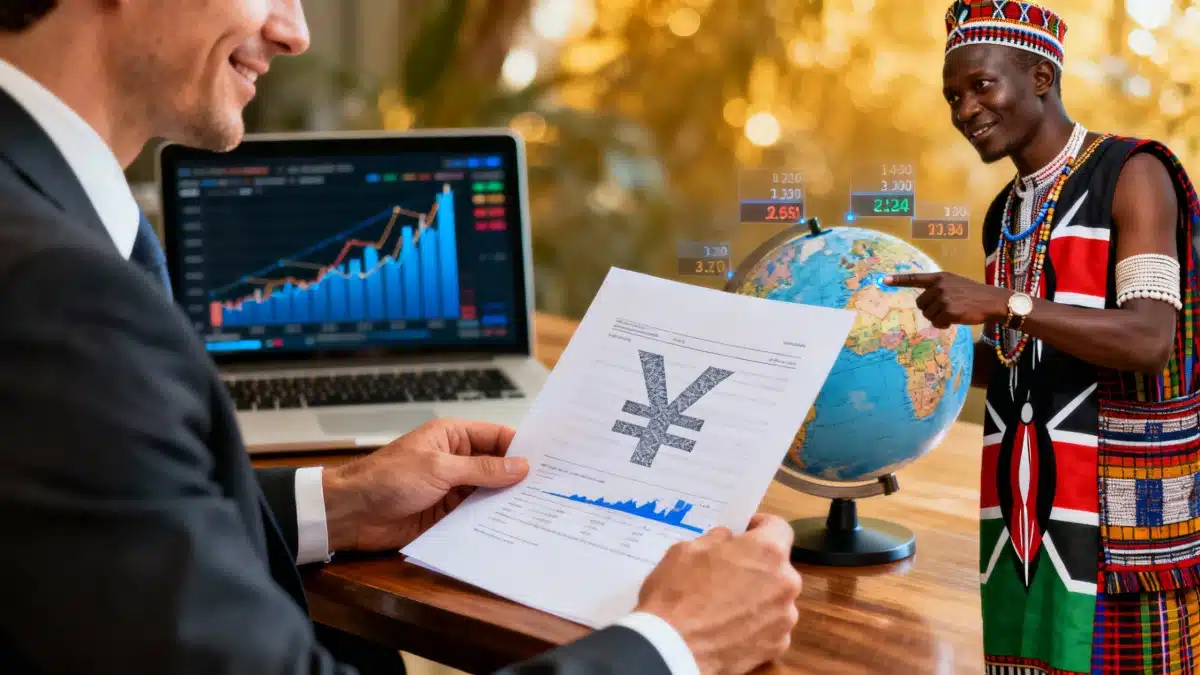India’s Energy Policy: Consumers First?
On Thursday, India reiterated that the main goal of its energy policy is to « safeguard the interests of Indian consumers ». This statement came right after Donald Trump claimed that New Delhi had promised to stop importing Russian oil. In a press release, the Indian Ministry of External Affairs declared:
« Our priority is to protect the interests of Indian consumers in a volatile energy market. »
So, as oil markets do their roller coaster impression, it seems clear who India says it wants to keep firmly buckled in: its own citizens.
Tension Between India and the US Over Russian Oil
At the end of August, the American president imposed a 50% tariff on all Indian exports. This was a direct response to India’s purchase of Russian oil—an energy stream that, according to the US, fuels Vladimir Putin’s war in Ukraine. After China, India is Moscow’s top customer for crude: in 2024, Russian oil accounted for almost 36% of India’s oil imports, up from about 2% before the war in Ukraine began in 2022, according to India’s Ministry of Commerce.
On Wednesday evening, the U.S. President—host at the White House—told the press that Prime Minister Narendra Modi had pledged to stop Russian oil imports. As he put it:
« I was unhappy that India was buying oil, and he assured me today that they would not buy oil from Russia. »
However, the Indian ministry neither confirmed nor denied Trump’s statement in their official response.
The ministry added, « Current (American) authorities have expressed their interest in increasing energy cooperation with India. Discussions are ongoing. »
Global Oil Prices Plunge: Winners or Losers?
Recently, oil prices have taken a sharp drop. At $60.90 per barrel, the price is now hovering near the threshold Algeria has used to calculate its national budget for 2026. In fact, oil dropped below $61 per barrel—a level unseen for several years. This decline is particularly significant for countries relying heavily on oil and gas revenues. The Algerian government, for example, planned its 2026 budget assuming oil would fetch at least $60 per barrel—a figure considered essential for economic stability. This price drop, inching closer to that vital threshold, is raising genuine concerns about Algeria’s financial stability. After all, Algeria’s economy relies largely on hydrocarbon exports.
To put it simply, more than 90% of Algeria’s exports and nearly half of its budget revenue come from oil and gas. With declining oil income, Algeria may have to take budgetary action, potentially including public spending cuts.
Why Oil Prices Fluctuate (and Who Is Watching Closely)
Oil prices aren’t just about what producing countries decide. Global factors like demand, the policies of OPEC (the Organization of the Petroleum Exporting Countries), and various geopolitical decisions also shape the market’s evolution. As things stand, the falling prices result from an oversupply on the global market combined with weak demand, especially due to slow economic recovery in certain regions.
These price swings are watched very closely by major financial institutions like the International Monetary Fund (IMF) and the World Bank. They regularly update their economic outlooks based on oil price movements, since oil remains a key indicator of global economic health.
The consequences go beyond government coffers and touch on economic diversification strategies. Algeria, for instance, is working to reduce its dependence on oil by developing sectors like industry, agriculture, and Islamic finance—though these reforms have progressed rather slowly. As a result, true diversification remains a long-term goal, perennially subject to the unpredictable rhythm of oil markets.
Oil-reliant countries with currency reserves from petroleum exports are particularly susceptible to these price changes. Should oil prices fall further, nations like Algeria may face even tougher financial challenges, especially when it comes to funding public projects and the infrastructure needed for economic transition.

John is a curious mind who loves to write about diverse topics. Passionate about sharing his thoughts and perspectives, he enjoys sparking conversations and encouraging discovery. For him, every subject is an invitation to discuss and learn.






